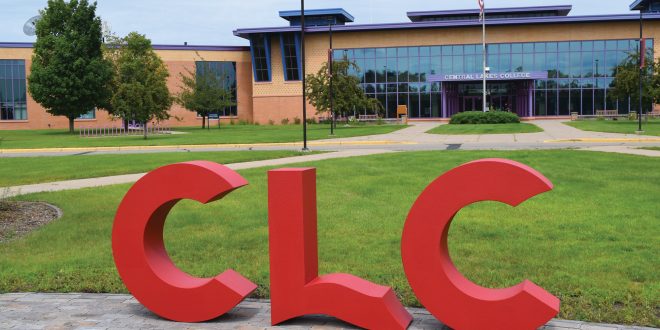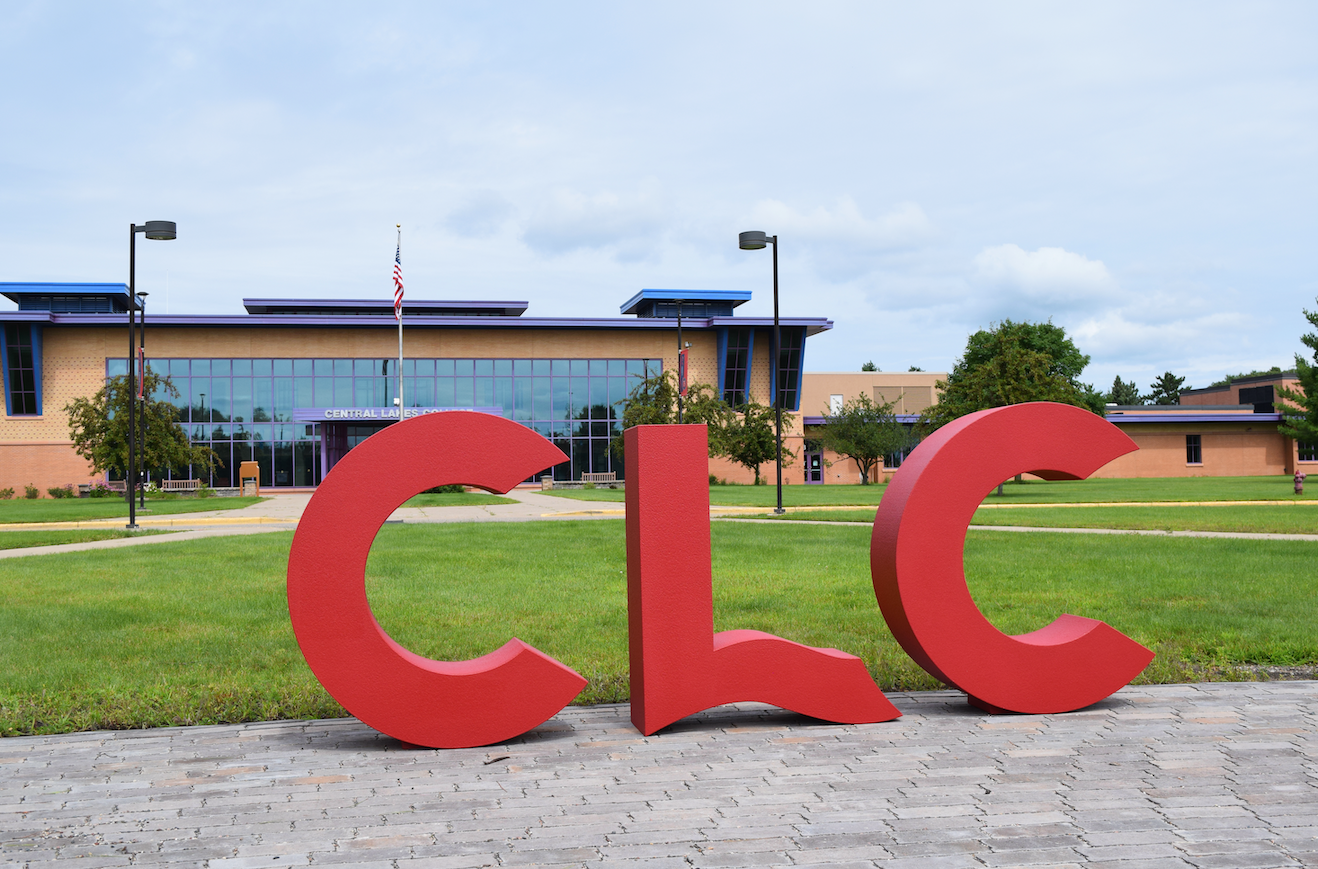It’s been nearly four years since Central Lakes College was awarded a $3 million, 5-year grant from the Department of Education to further its student success efforts. The grant funds enabled CLC to implement Raider Connect Services, which consists of four Raider Connect Coaches (RCCs), who, through one-on-one coaching relationships, support students in reaching their academic and career goals. To date, 605 students have been served by the college’s Raider Connect Services.
These RCCs are dedicated, experienced professionals, committed to helping students succeed. In this pursuit, they employ Check & Connect student intervention strategies, developed by the University of Minnesota for K-12 students. The Department of Education awarded the grant to both institutions in order to study the impact of these strategies at the college level. This study is unique. In fact, Central Lakes College was the only college in the country to be awarded this type of immersive grant.
“The partnership with the University of Minnesota has been extremely collaborative. Our team from CLC meets regularly with the UMN team to review practices and data. We’ve all been very pleased with the results so far,” says Paul Preimesberger, Dean of Enrollment Management and Student Success at Central Lakes College.
Eileen Klemm, Check & Connect National Training Director at the University of Minnesota, added, “We have learned so much from each other throughout this process about how best to adapt Check & Connect to the community college environment.”
Data collected so far suggests the model is working. The semester-to-semester retention rate is 12 percent stronger among students who use Raider Connect Services. Furthermore, these students registered for more credits and earned more credits than their counterparts who didn’t use Raider Connect Services.
“This is really exciting,” says Preimesberger. “These results demonstrate that these practices help college students—of all backgrounds—succeed in their pursuit of a degree, diploma or certificate. These students know that their investment in a college education is paying off.”
By the Numbers
Fall-Spring Retention: 12% stronger Fall-Spring Retention Rate
Cohort In RCS: 78.8%
Cohort Not in RCS: 66.4%
Avg Credits Registered Year 1: About 3 credits more registered on average in First Year
Cohort in RCS: 23.97
Cohort Not in RCS: 20.98
Avg Credits Earned Year 1: About 2.5 more credits earned on average in First Year
Cohort in RCS: 16.22
Cohort Not in RCS: 13.72
 CLC News The news and events from Central Lakes College
CLC News The news and events from Central Lakes College



